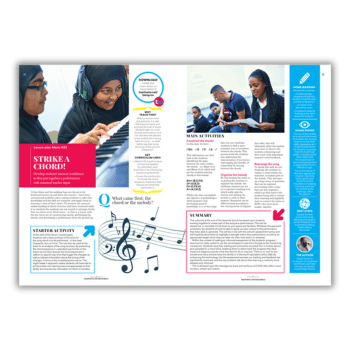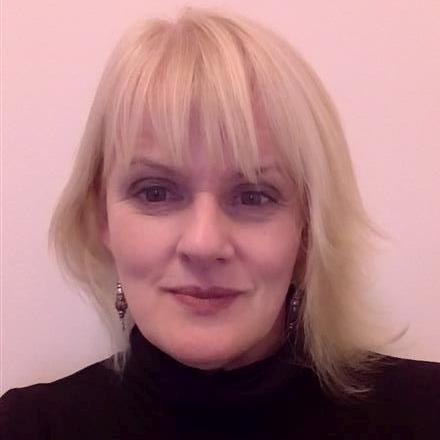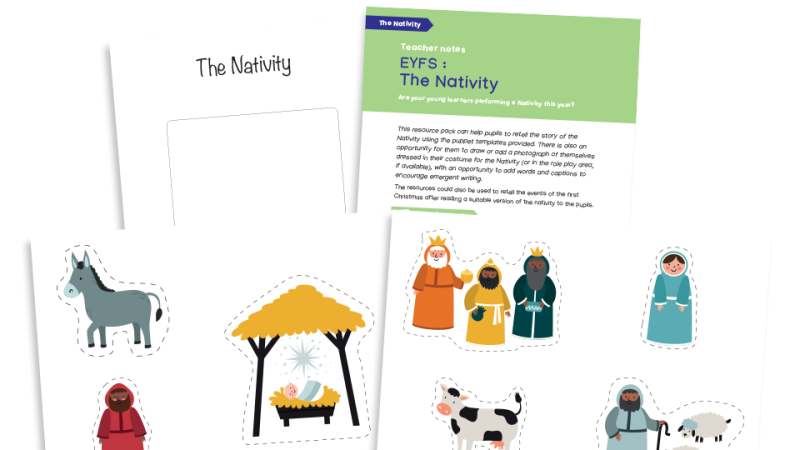Why Every School’s Wellbeing Plan Should Consider the Power of Music

Singing is free, fun and can have a whole range of incredible benefits for the mental and physical health of staff and students alike, says Helen Tierney…

If you ever stood on a stage at school and sang solo, it’s pretty likely you can still remember it well.
Year 8 student Eliana Johns is no exception, and speaks with pride of how her solo recently opened a poised and emotional rendition of “Say Something” – in her school’s House Singing Competition,leading Angelou House to victory. “When I sing I like it,’ she says. ‘I calm myself, enjoy myself. If I’m really angry, I sing, too.”
But Eliana’s performance, and that of her schoolmates, has a deeper significance than most school singing competitions.
As a student at Kensington Aldridge Academy, the school situated at the foot of the Grenfell Tower, it was the first time she and many others had stood on that stage since returning to the building they had temporarily left after the tragedy of 2017, in which four students and one former learner at the school died.
I was lucky enough to be a judge for that competition – and seeing the young people in action – their positive energy and confidence – there is no doubt that singing was a a highly important activity for them, providing the school community with ways of sharing and ultimately, healing.
Grace Cockell, music teacher at KAA emphasises the importance of singing at the school: ‘Singing is a key focus,’ she points out. ‘This year the Year 7s have a year group song – Blinded by Grace by Stormzy – which they learnt on a bonding day before joining. Last year we started a weekly Staff Choir as part of the school’s wellbeing provision.”
For me, sitting on the judging panel of that competition in October 2018, it was a timely reminder of how singing can play such an active part in wellbeing for its own sake, never mind the other educational benefits we’ve have known for decades that it brings.
So what might a school’s singing for wellbeing programme look like? Dr Daphne Rickson worked on research sponsored by the NZ government and published in April this year, into the relationship between singing programmes and student wellbeing in Waitakiri School in Christ Church.
This school was formed as part of a restructuring plan after the earthquakes in 2011.
The whole community faced ongoing psychological and environmental challenges and there was a creative response to the trauma in a programme which was founded on through three distinct activities: laughter, physical activity and singing.
Classes had singing brain-breaks, children were given autonomy and choice of songs in sessions, emphasis on musical learning was avoided, although practising was not. The study produced the positive results that are common knowledge, if not commonly reflected in provision.
There is a wealth of singing for wellbeing potential in schools. Staff choirs may already happen, but what about singing drop-ins for students and maybe even staff song-sharing groups (for Radio 4 listeners think ‘Bookclub’ meets ‘Soul Music’), and interventions through singing-one-to-ones?
Those who you think might be the least responsive often amaze you with outpourings of song, given a safe, personalised space in which to do so.
Singing helps breathing and posture, boosts the immune system, promotes social inclusion, provides a safe and controlled outlet for unexpressed emotions and well… simply makes you feel better; so in current planning for wellbeing initiatives, school leaders really should making new opportunities for singing to work its magic. And it’s cheap, too!
The late great Oliver Sacks, author of Awakenings, wrote of how a song possibly saved his life.
Whilst getting down a mountain after a bad climbing accident, singing to himself the Song of the Volga Boatmen rhythmically organised his movements, and lessened the pain; he described it as being “musicked along”.
It’s ironic that at a time when singing and music, both curricular and extra-curricular, are under threat, the whole school community seems to need more than ever to be “musicked along”.
Eliana Johns certainly needs no convincing. “I will always have singing,’ she states with certainty. ‘I don’t think I am going to let it go.”
Helen Tierney was born in Merseyside and studied music at Oxford University. She has taught music in comprehensive schools for over 20 years.












